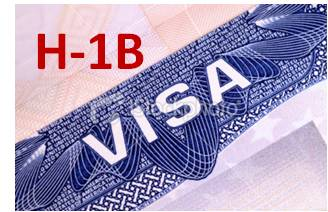About The Study
 Congress created the H-1B program in 1990 to enable U.S. employers to hire temporary, foreign workers in specialty occupations. The law capped the number of H-1B visas issued per fiscal year at 65,000. Since then, the cap has fluctuated with legislative changes. Congress asked GAO to assess the impact of the cap on the ability of domestic companies to innovate, while ensuring that U.S. workers are not disadvantaged. In response, GAO examined what is known about (1) employer demand for H-1B workers; (2) how the cap affects employer costs and decisions to move operations overseas; (3) H-1B worker characteristics and the potential impact of raising the cap; and (4) how well requirements of the H-1B program protect U.S. workers. GAO analyzed data from 4 federal agencies; interviewed agency officials, experts, and H-1B employers; and reviewed agency documents and literature.
Congress created the H-1B program in 1990 to enable U.S. employers to hire temporary, foreign workers in specialty occupations. The law capped the number of H-1B visas issued per fiscal year at 65,000. Since then, the cap has fluctuated with legislative changes. Congress asked GAO to assess the impact of the cap on the ability of domestic companies to innovate, while ensuring that U.S. workers are not disadvantaged. In response, GAO examined what is known about (1) employer demand for H-1B workers; (2) how the cap affects employer costs and decisions to move operations overseas; (3) H-1B worker characteristics and the potential impact of raising the cap; and (4) how well requirements of the H-1B program protect U.S. workers. GAO analyzed data from 4 federal agencies; interviewed agency officials, experts, and H-1B employers; and reviewed agency documents and literature.
Recommendations
This report offers several matters for congressional consideration, including that Congress re-examine key H-1B program provisions and make appropriate changes as needed. GAO also recommends that the Departments of Homeland Security and Labor take steps to improve efficiency, flexibility, and monitoring of the H-1B program.


-1-Jan-03-2025-12-27-26-7952-PM.png)
